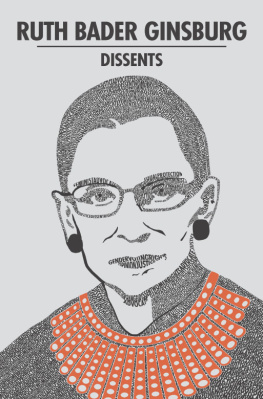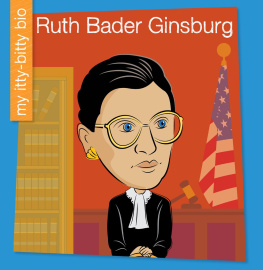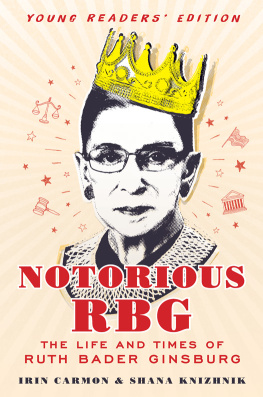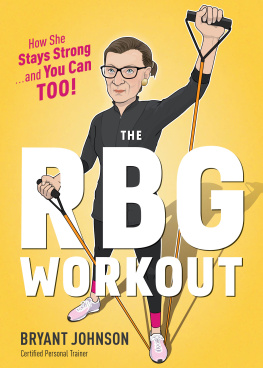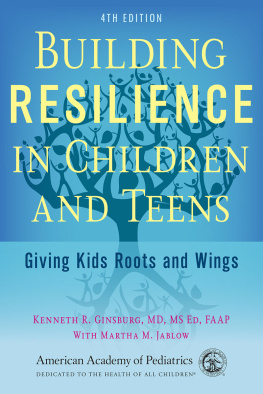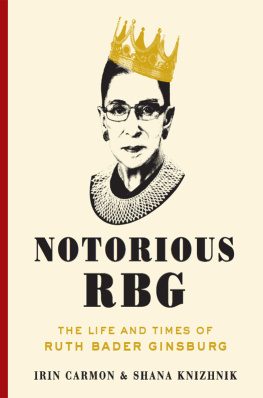One Boys Remarkable Journey of Survival
Through the Holocaust
written by SUZANNE GINSBURG
NOIKE
Noike : A Memoir of Leon Ginsburg, One Boys Remarkable Journey of Survival Through the Holocaust by Suzanne Ginsburg
Copyright 2012 by Suzanne Ginsburg
Photography copyright 2012 Leon Ginsburg
All rights reserved. Except for brief passages quoted in newspaper, magazine, radio, television or online reviews, no part of this book may be reproduced in any form by any means, electronic or mechanical, including photocopying, recording or information storage or retrieval system without permission in writing from the author.
Published in the United States by Avenger Books
22 Liberty Street
San Francisco, CA 94110
www.noikethebook.com
Printed in the United States
Cover design: Nicole Celichowski
First Edition
10 9 8 7 6 5 4 3 2 1
ISBN: 978-0-615-56199-8
Library of Congress Cataloging-in-Publication Data
Library of Congress Control Number: 2012900347
Ginsburg, Suzanne
Noike: A Memoir of Leon Ginsburg, One Boys Remarkable Journey of Survival Through the Holocaust
/Suzanne Ginsburg
For Pesel, Blima, and Herschel
1

LITTLE BOY MEETS GIRL
New York ~ San Francisco ~ Florida
Your dad looks great, my fathers friend said, stabbing his fork into a hunk of noodle pudding. My older sister had purchased all of my dads favorite foodsnoodle pudding, knishes, pierogisfor his birthday party at her house on Long Island. With my brother living in London and me in San Francisco, she had become the de facto family hostess in recent years.
I knowI cant believe hes 70! I replied. We both paused to take in the figure my father cut on the other side of the room, where he was telling a story to a few old friends from City College with his usual, animated flourish. My mother, sister, brother, nieces, nephews, and dozens of other guests were scattered throughout the house and backyard.
Hes like Dick Clark, my fathers friend continued, swallowing his last bite of noodle pudding. One day hell suddenly get old
Forcing a smile, I picked up a mini-knish and stuffed it into my mouth. And die, I thought, completing his sentence in my head. My fathers friend didnt mean any harm but his words were unsettling. Hes going to get old and die, right?
Im not a morbid person. It had been almost ten years since I had contemplated my dads mortality during a drive to Newark airport. I had been in New York for a few weeks and was heading back to Japan, where I lived and worked for three years in the early-1990s. We were somewhere on the New Jersey Turnpike when a horrible scene started playing in my head: What if my dad had less than 24 hours to live? Even if I jumped on the first plane out of Japan, I might not make it home in time. I imagined rushing into the hospital room and the nurse saying, Sorry, honey, you just missed him. By the time we arrived at the airport I had become fixated on this scenario. Unable to share my morbid thoughts, I burst into tears and blurted: Im going to miss you! My father was stunned; I never cried when saying goodbye. Ill see you soon, he smiled, wiping my tears with a tissue.
Standing there at my dads 70th birthday, I had that same sick feeling, like I might lose him at any moment. San Francisco was closer than Japan, but it was still more than five hours by plane. Part of me knew that I was being dramatic, maybe even perversely grim, but I didnt want to be one of those people that you see in the moviesslumped over a dead loved one, wishing they had said or done something meaningful for the deceased when they had the chance.
Later that evening, after most of the guests had gone home, my father started thumbing through a photo album that was assembled over the course of the party. In lieu of giftswhich my father never wantedeach guest was asked to bring a photo, with the only specification being that the image should resonate with my father in some way.
Ho, ho, ho! my father said as he looked at the first page. Who are these gorgeous children? He turned the album around and showed off a collage of his six grandchildren.
Thats us, Zeidi! Isabel said, climbing onto his lap. She was three years old, the youngest grandchild.
And whos this pretty little girl? he asked, looking over at me.
He held up a page that bore a photo of us from New York, circa 1976. In it Im wearing a short, checkered green dress and smiling for the camera; my father is standing over me in a floral button-down shirt and blue jeans. I was very much Daddys little girl back then, always running down the hallway when I saw his car pull into the driveway, eager to wrap my arms around his neck. I can still remember his soft brown hair tickling my eyes and nose as he hugged me, the feeling of relief when he finally walked through the door at night.
I CANT SAY HOW THAT PHOTO RESONATED with my father, but for me it called up powerful memories of our storytelling ritual during that period. Every night my father would sit beside me and tell me about a little boy who roamed the farms and forests of a faraway place, befriending foxes, dogs, and sheep. The stories were never scary, but they suggested mystery, and were tinged with the darkness of a certain kind of childrens fable. In one story, the little boy was sleeping in a haystack when a farmer poked him with a pitchfork. He wasnt harmed but I wondered: Where were the boys father and mother? Why was he alone? At some point I realized that the young boy was in fact my father, but between us passed a kind of tacit agreement to keep his identity secret, to let him remain in the faraway forest. Like the homeless little boy, I knew my father had also lost his family; unlike the rest of my friends, I never had a full set of aunts, uncles, and grandparents.
The stories stopped when I became too old to be tucked into bed, or maybe it was when I started watching television with my mother. Unlike most families, our primary televisionthe only one without staticwas in the master bedroom. My dad would sit in the kitchen to watch the evening news on the small TV, occasionally poking his head into the bedroom. Who wants dessert? he would ask my mother and I as we lay on the bed, transfixed by the latest Dynasty cliffhanger. Not now, not now, we would say, afraid of missing some critical part of the story. What could be so important? hed ask, then leave the room with an incredulous shake of his head. A short time later he would return with some elaborate combination of ice cream, cookies, and cake for me, and tea for my mother, then tiptoe out once his work was done.
More than a decade later, I tried to recapture his stories within the confines of a college writing assignment. By then I knew that my fathers family had been killed in Poland, during the Holocaust, but I didnt know exactly when or how. He had agreed to help me with some research for the assignment, and I remember sitting on the living room couch for several hours as he lectured me on the commerce, utilities, and transportation systems in his small Polish town. Not once did he mention my grandparents, aunts, uncles, or cousins; not once did he mention the war. I now see how nave I had been: How could I have expected him to tell mehis innocent eighteen-year-old daughterabout the horrors he and his family had experienced?
WHEN I RETURNED TO SAN FRANCISCO after my dads 70th birthday, I kept thinking about his stories and the prediction made by his friend:


